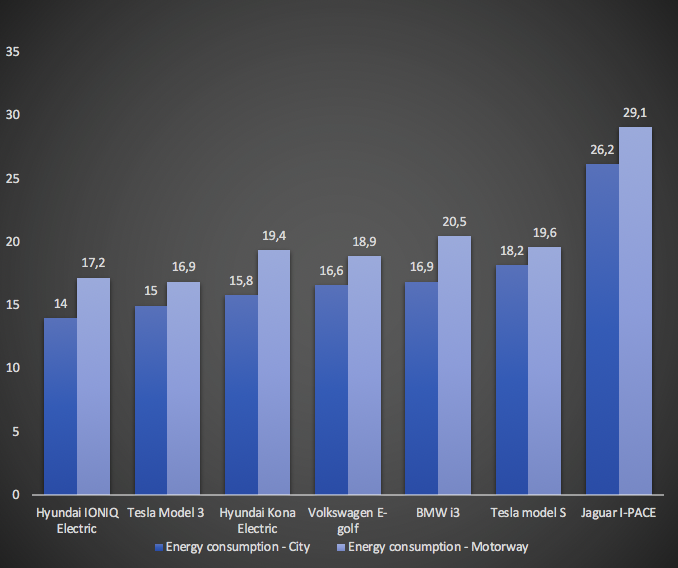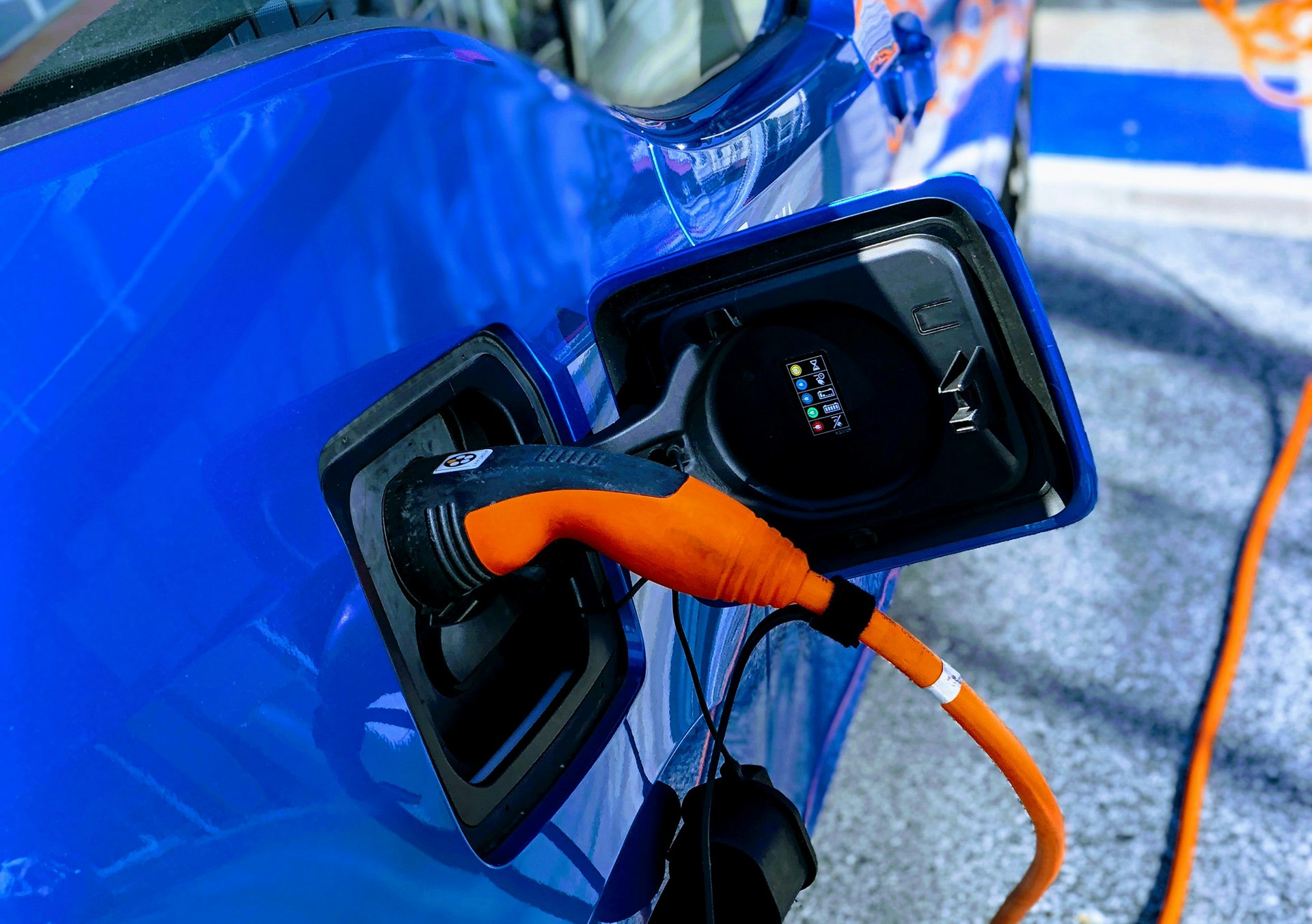Fossil fuels are running out, pollution is a threat, people are looking for ways to save money, those are the reasons why we are looking for alternatives in the automotive industry. We are inevitably moving towards using electric vehicles – electrification has already began. That’s why we should learn more about electric vehicles.
First important parameter for electric vehicles is the battery capacity. It is measured in kWh (kilowatts per hour), which is a unit of energy. On the other hand, the power of the chargers is measured in kW (kilowatts). The question is: how to determine how much power is needed to charge a specific amount of energy? All we need to understand is the difference between power and energy.
If power in kilowatts (kW) is delivered over a certain amount of time, we can calculate the amount of energy consumed (kWh). To receive kilowatts per hour we simply multiply the power by the time of usage e.g. if we have used 10 kW of power for 2 hours, then 20 kWh of energy will be used (10kW * 2h). Thanks to this knowledge we will be able to calculate the amount of power and time needed for charging a battery. More about batteries and chargers will be presented in the different item.

The last, but one of the most important constraint is the range. Currently we operate on liter per 100 km or MPG (miles per gallon). Using this we can calculate the range that we can travel. We can easily imagine, that fuel consumption of 6 liters per 100 km is economical (or 70 MPG). How is it in electric cars? Usually energy consumption of the EVs is oscillating between 15 and 30 KWh per 100 km. This is dependent on many factors just like in petrol cars we have to take into consideration variables like: weight and size of the car, speed at which we are travelling, outside temperature or usage of electronic equipment within the car. Heating in the electric vehicles is dependent on the battery as well, because they don’t have a petrol engine that would generate heat. The good point however is possibility to restore energy via recuperation during braking by electric and hybrid vehicles.
For better visualization, the chart below shows several popular electric vehicles and their energy usage.

